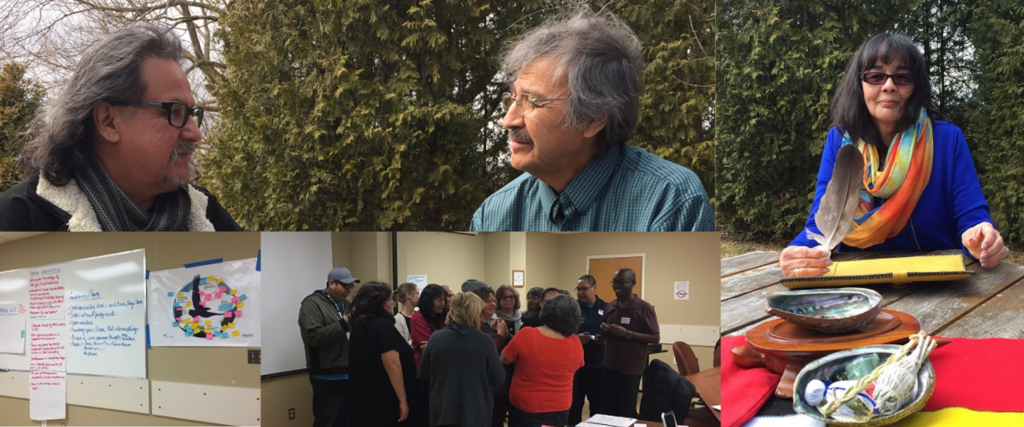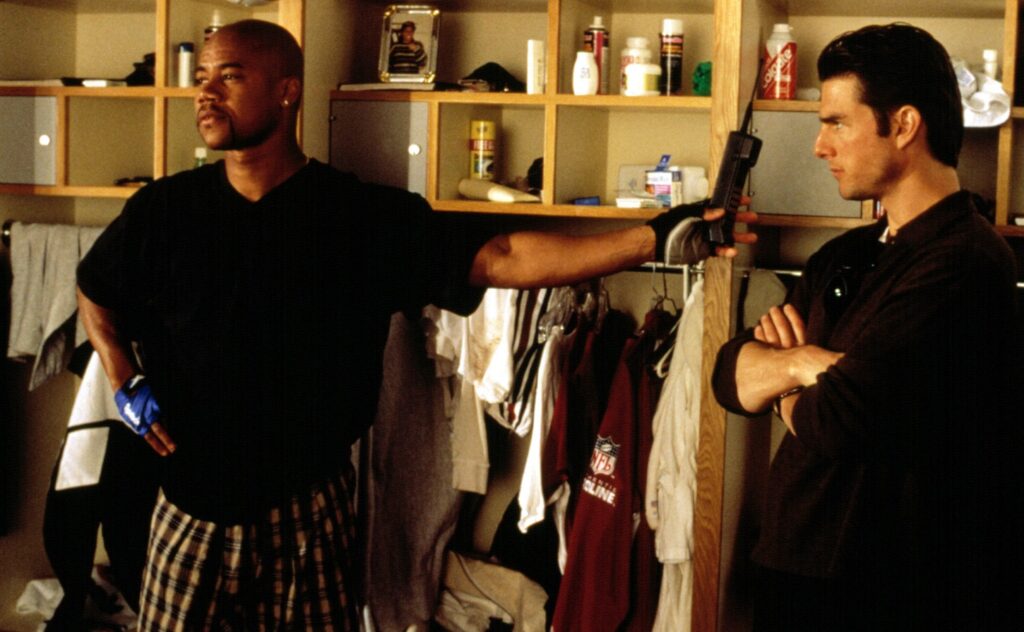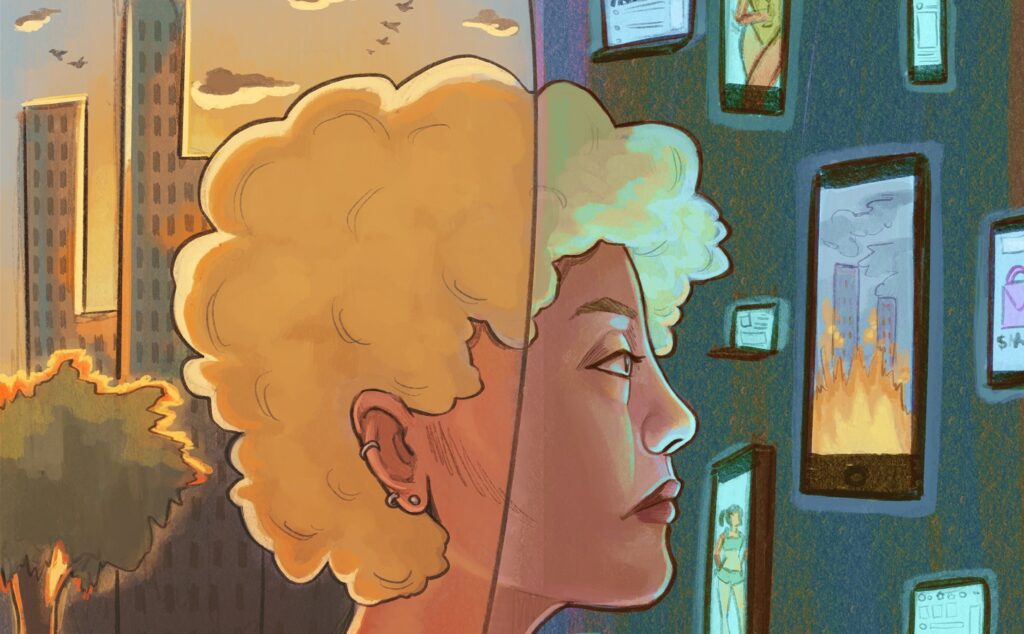The CatalystConversations on Mental Health

Activating an entire school community (parents, peers, education workers) can reduce the nefarious long-term impacts of bullying — a look at promising models to create kinder environments for kids
Read moreFirst Nations First Aiders support individuals and strengthen communities
Read moreUsing person-first language to make an important distinction
Read moreEducators play many roles and are increasingly called on to support youth mental health. Organizations are responding by equipping teachers with Mental Health First Aid training and tools.
Read moreThree Easy Digits We’ll All Soon Know
A national suicide prevention number – to launch in November 2023 – will bring 24-7 support to everyone.
Read moreOff You Go
One of the main ironies of parenting is that your job is to make yourself irrelevant. Babies are born, children are nurtured and grow up, and then one day — eventually — most are independent enough to move out of the family home.
Read moreFabiola’s Story
Fabiola Phillipe — mother, sister, and friend — was kind, compassionate, generous, and humble. She also lived with mental health challenges that stemmed from experiences of loneliness and isolation during her youth. As she struggled with depression, she began using substances — as a comfort and a substitute for the support and understanding she needed.
Read moreWorkplace Stress Tests
For employees, the past two-plus years have been a whirlwind. After COVID-19 threw the world into disarray, people were forced to grapple in the dark and adjust to new work environments.
Read moreCatalyst Magazine
Subscribe to get our magazine delivered right to your inbox
Chew on This: The comfort food complex needs a rethink.
They’re called comfort foods for a reason: sugar, salt, and carbs give us a quick boost of flavour and familiarity. Making the case for comforting foods that nourish our mind and body.
Read moreIt’s Pride Month! These celebratory events — signature weeks and months, T-shirt days, and other public acknowledgments — provide visibility and a sense of collectivity. Let’s not let the colours fade when the calendar changes.
Read moreEssential Connections
Evidence that strong interpersonal connections are essential to our mental and physical health is growing. And these ties may be more important as we age, particularly among older adults living in retirement residences and long-term care homes. According to Dr. Kristine Theurer, who’s been a researcher in the long-term care sector for more than two decades, “We all yearn to connect with others, and for many people, moving into a residence means seeing friends and family less frequently. So it’s crucial for them to make new connections.”
Read moreTough Talk
Long before I knew what mental health was, I knew that men didn’t talk about it. Certain topics were simply off the table, with deep personal feelings heading the list. To talk about those things would be unnatural, unwelcome, and uncomfortable — not to mention unmasculine.
Read moreFirst, it’s best not to assume we know how that person feels and what they should do. I often say, “Don’t let anyone “should” on you today, and don’t “should” on yourself. So, let’s get away from our preconceived notions of what the person should do.
Read moreWhile Digital Health Week was a celebration of the advantages of connected care — from virtual consultations to e-health records to useful apps — it was also an opportunity to reflect on how we maintain our best mental wellness in an increasingly digitized world.
Read moreSafe — and Sound
When the language of isolation, quarantine, and lockdown predominates, there isn’t much room for words like socialize, connect, or empathize. Yet even though the pandemic has made our workplaces more prone than ever to stress and anxiety, creating a culture that gives workers the confidence to ask for mental health support has always been a challenge.
Read moreMore Stories
A Conversation with Canada’s First Minister of Mental Health and Addictions, Carolyn Bennett
When I first learned that Carolyn Bennett had been named Canada’s inaugural minister of mental health and addictions, I was overcome with gratitude.
Read moreLeading With Mental Health in Mind: Tips for Managers in a Hybrid Workplace
The shift to permanent hybrid office schedules in post-pandemic workplaces presents a unique challenge for managers and team leaders. Although flexible work has been shown to reduce psychological and physical stress in previously non-remote employees, a distributed team requires different approaches in managing employee orientation, performance issues, and conflicts.
Read moreMeditations on motherhood, mental illness, and resiliency
It’s easy to make assumptions about people based on their academic accomplishments, professional successes, or philanthropic contributions. But sometimes if you pull back the curtain, you discover untold depths and hardships that reveal a more valuable story than a five-sentence biography can.
Read moreGetting older, feeling better
People 85 and older make up Canada’s fastest-growing population segment, increasing at nearly four times the rate of the total. Also growing quickly is the number of evidence-based tools and strategies to help them live longer, happier, and more fulfilling lives, which is good news, since the size of this group will triple over the next few decades.
Read more




